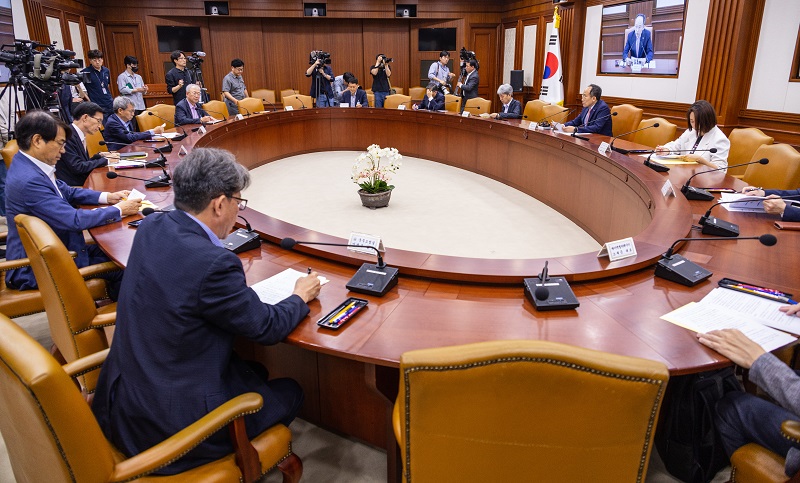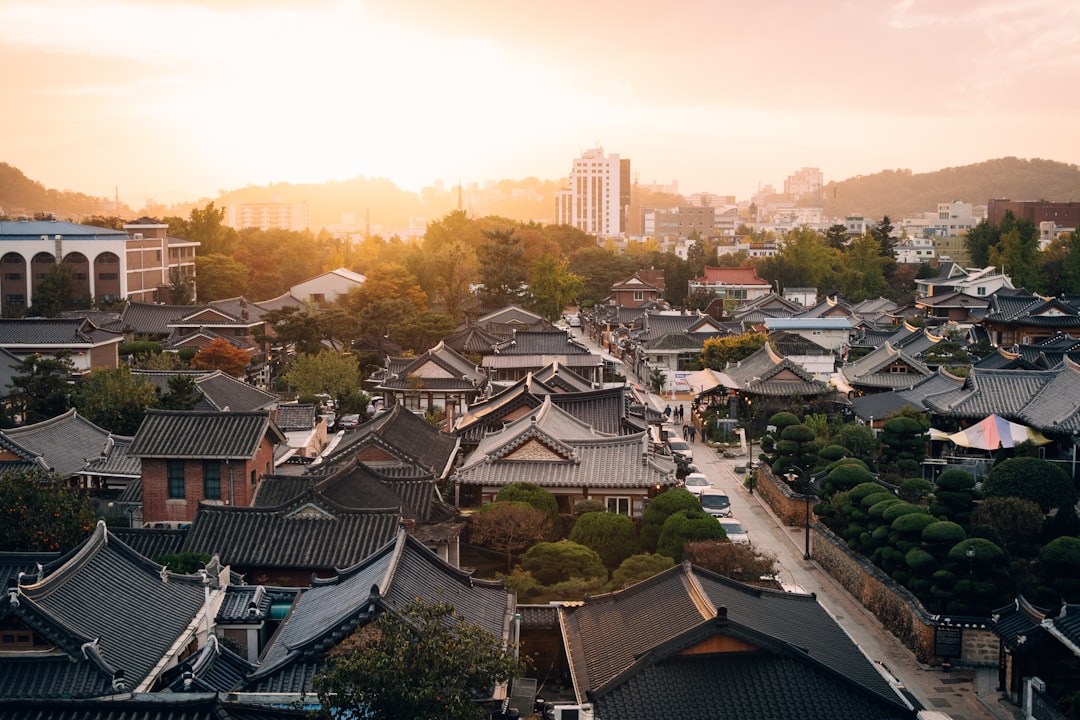Economic regulation innovation task force held… Deregulation induces 300 billion won investment
The government will improve and ease regulations to support investment projects of companies that have been hit by various regulations, such as factory expansion in the Cheongsong Agricultural Industrial Complex.
In addition, measures to ease the burden of customs administration, such as company certification and reporting of imports and exports, will be prepared.
On the 7th, the government announced the 5th Economic Regulatory Innovation Plan, which contained these contents, at the 7th Economic Regulatory Innovation Task Force (TF) meeting presided over by Deputy Prime Minister and Minister of Strategy and Finance Chu Kyung-ho.

The government will first loosen regulations on on-site waiting investment projects that block business activities.
The government explained that additional support for the on-site standby project decided at this meeting would attract private investment of 300 billion won to Cheongsong Agricultural Complex in Sejong City and Techno Industrial Complex in Ulsan.
Case by case, companies in the Cheongsong Agricultural Industrial Complex in Sejong City had difficulties in expanding their factories due to concerns about water shortages due to the lack of dedicated industrial water pipelines in the complex. Accordingly, the government will come up with a plan to supply water for industrial use so that it can be supplied at a level that does not interfere with the expansion of the factory in the Cheongsong Agricultural Industrial Complex in Sejong City.
Restrictions on companies that emit air pollutants from moving into industrial complexes will also be eased. Currently, plant operations and new plant extensions are disrupted due to restrictions on occupancy of air pollutant emission companies in the Fine Chemicals and Renewable Energy Zone of the Ulsan Techno Industrial Complex.
Accordingly, in order to promptly start plant operations and expand new plants, it was decided to ease the requirements for occupancy for companies that emit air pollutants below a certain standard.
Restrictions on qualifications for foreign instructors will also be eased. Until now, there were difficulties in hiring foreigners as foreign language instructors as the educational background requirements for foreign instructors were more stringent than those for natives.
From now on, the qualification requirements for foreign instructors will be applied the same as for Koreans, only for foreign language online lectures.
It will also support the expansion of the insulation material warehouse and new factory in Gimcheon. Currently, even the site in front of the insulation factory that is not adjacent to the national highway is designated as a road area, and development activities such as warehouse expansion are restricted.
In addition, it was difficult to prove whether the right to use the access road was recognized by a company that purchased the factory site through an auction, so the construction permit for the new factory was delayed.
Accordingly, in order to support securing the site for the extension of the warehouse, the sale of the land after the change or cancellation of the road zone and the change of the property management office is promoted, and based on past land records, the company acknowledges that the company has the right to the access road and approves the joint use of the access road.
Government certified enterprises of import and export. It also announced plans to ease the burden of customs administration, such as reporting.
In order to alleviate the burden of customs administration, such as certification and reporting of import and export companies, an integrated renewal system for the certification validity period of certified exporters for each country of origin is introduced.
Until now, when an exporter of certification of origin for each item acquired certification rights for multiple items, the certification validity period for each item differed depending on the time of acquisition, resulting in cost burdens due to renewal of the validity period for each item.
In the future, it was decided to unify the expiry dates of certified items to the same date so that the expiration dates for multiple items can be renewed at once.
The patent period for bonded factories that lease and operate facilities will also be extended.
Until now, when operating a bonded factory by leasing someone else’s facility, the license period was limited to the leasing period, so the operator was burdened with renewal procedures.
In the future, a patent period of up to 10 years will be granted even if part of the facility is self-owned and part is leased and operated.
In addition, it was decided to simplify the import/exit procedure between the free trade zone and the bonded factory, and ease the procedure for re-importing goods that have been reported for use and consumption into the free trade zone.
The government plans to check whether the related regulations have been finally improved and continue to discover additional difficulties.
Inquiries: Regulatory Innovation Team, Policy Coordination Bureau, Ministry of Strategy and Finance (044-215-4581)
Ministry of Strategy and Finance
Source: Policy news, link


Comments